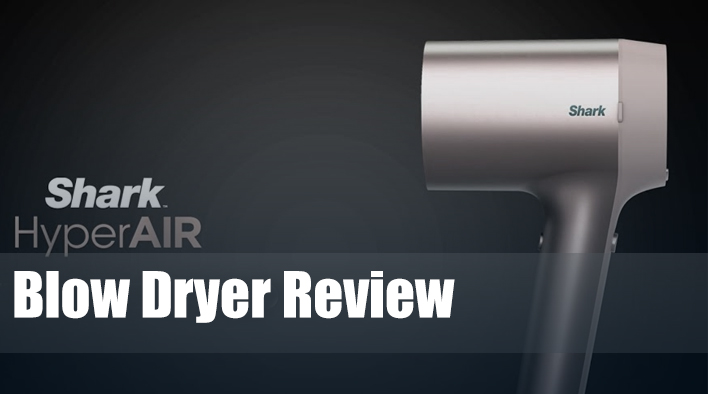Table of Content
An inspection should be part of buying any home, but it is crucial for bank-owned homes. Real estate owned properties are typically sold “as is,” meaning the homebuyer is on the hook for any repairs — including major structural issues — that need to be fixed. Additionally, it's possible that the property has gone through non-permitted renovations. After your offer is accepted, the deal can officially be closed. A property that doesn’t sell in the foreclosure auction will automatically become an REO property.
Once all of the paperwork is in place, you've wired in your down payment and your loan funds are in place, it's time to close. Once you’ve found a property that is right for you, it’s time to make an offer. An appraisal will help you get an objective estimated value, which you can compare to the bank’s asking price to see if the price is fair.
Is Buying a Mobile Home a Good Investment?
Since lenders may sometimes request major safety hazards be addressed prior to loaning money, you will want to keep this in mind if you are securing a mortgage for your foreclosure purchase. If you’re wondering how to invest in bank owned REO properties to make money in real estate, there’s more than one way to choose from – depending on your strategy and personal goals. This way, you’ll get to make money through monthly rental income that you collect from tenants and generate cash flow. This strategy also allows you to benefit from real estate appreciation if you hold onto the rental property for the long term.

Although a delayed closing could hinder your moving plans, some bank owned homes move as quickly as traditional sales. When an auction is unsuccessful, the bank will list it for sale as an REO. From the buyer’s perspective, purchasing an REO is broadly similar to buying a home from an owner-occupant, but there are also a number of important differences. If this is not you’re preferred real estate investment strategy, consider investing in REO property as a fix and flip.
Step 2: Consider dealbreakers
But what if you don’t have the funds to purchase the REO in cash? Well, contrary to some misconceptions, real estate investors can use other methods of financing to buy bank owned properties. With a good credit score, you can even get a pre-approval letter from the lender that owns the property! This actually gives them confidence in you as a buyer and provides them with another way to make money on the transaction.

We have the search tools, calculators, and listings you need. Like a typical offer, you will probably need to put down earnest money so the bank knows you’re serious. Once the offer is submitted, it can sometimes take a while to hear back from the lender.
As-is Condition
For this reason, people who buy REOs are often advised to work with real estate agents who specialize in these transactions. An REO-experienced agent can keep the buyer informed about what to expect and craft an offer that is likely to be accepted. There are online tips and tools available to help you find bank-owned homes. But the best way to get started is to talk to a real estate agent in your area who has helped other buyers in your shoes.
This may mean that it needs additional repairs or fixes beyond what the bank may already have done. If the home fails to sell at the auction, the bank or lender takes possession of the house. The bank or lender files a notice of default, and the house is listed as a preforeclosure.
Buying bank-owned property with cash is a great way to place the odds of landing the deal in your favor. I recommend attending auctions with cashier’s checks made out in different increments. That way you will have a check ready to go as soon as you present a winning bid. Provided you have done your homework beforehand, you should have an idea of how much you are willing to pay at the auction. This method can also prevent you from overpaying, a feat that happens all too much over the course of aggressive auctions. To better understand what a bank-owned home is, however, you must first familiarize yourself with the role traditional banks play over the course of the mortgage process.

The latest real estate investing content delivered straight to your inbox. Clever’s Concierge Team can help you compare local agents and negotiate better rates. If you're buying a bank-owned home, it is a good idea to have your lawyer review the contract because the verbiage is sometimes difficult to understand. When the bank does accept an offer, it often generates a bank addendum that, for all practical purposes, replaces the offer you submitted. Almost every important item that protects the buyer is altered.
Here, we break down the major pros and cons of buying a bank-owned property to demystify the process and prepare potential buyers. Once you and the lender have agreed on the terms, you’ll need to fill out paperwork and share information to finalize your loan and ensure it fits with your offer. Typically, banks clear the title before selling an REO property, but you can’t assume that this is the case. So, contact the lender to see if the title has been cleared or not and have a title company ready to run a title search in case you are expected to do so yourself. Once you’ve found a good bank owned property, you can do an in-depth investment property analysis and get even more data using our Real Estate Investment Calculator.

The homeowner fails to make at least three consecutive months of mortgage payments. Under the right circumstances, a foreclosure can be a wise investment opportunity. However, as with anything in life, you need to do your homework and bring in the right team to help out. Buying a home is one of the biggest decisions that anyone could ever make. And since it involves a significant amount of investment, many people want to approach the process with utmost care and certainty.

No comments:
Post a Comment